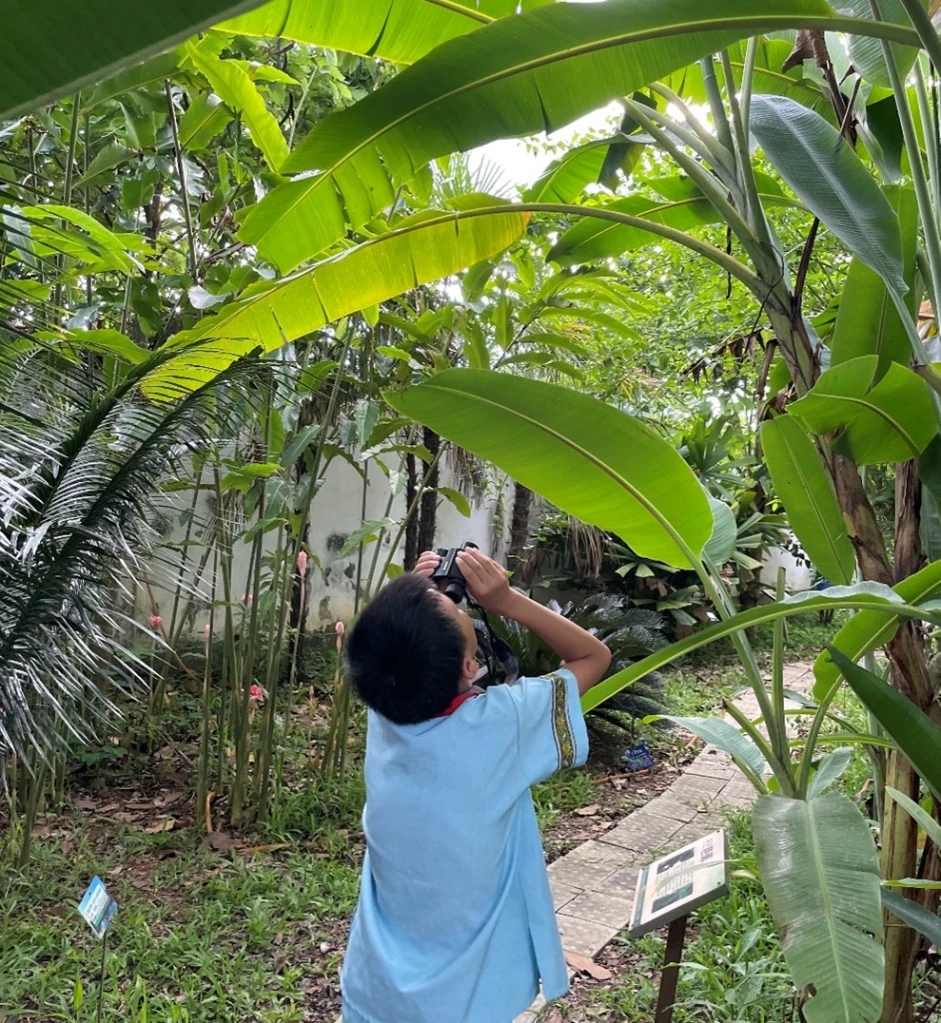Children's interest in nature is crucial for their understanding and appreciation of the natural environment, as well as for their mental health and efforts to biodiversity conservation. The primary school stage is very important for developing an interest in nature. It is worth exploring whether a school garden with abundant natural components can be used to cultivate primary school children's interest in nature while helping to alleviate their study-related stress.
In a study published in People and Nature, CHEN Jin's team from the Xishuangbanna Tropical Botanical Garden of the Chinese Academy of Sciences investigated the impact of nature observation activities and inquiry learning activities in a school garden on the development of children's interest in nature. They found that involving children in garden-based activities was beneficial in stimulating and sustaining situational interest, which could potentially lead to a long-term individual interest in nature.
The researchers conducted a semester of educational interventions in a campus garden of a primary school in Xishuangbanna, SW China, to investigate how children's interest in nature develops over time and with interventions in the school garden. They also sought to identify the key factors that drive the development process.
The program involved 24 fourth-grade students in weekly 40-minute activities, which were divided into three treatments: nature observation with assigned tasks, nature observation with open-ended tasks, and inquiry-based activities.
In general, the interventions has different effects on children's interest in nature. While some children experienced a decrease in their interest, others maintained or increased their interest in nature. More than two-thirds of the 24 students were classified as "interest initiated" or "interest enhanced," indicating a generally positive outcome.
Qualitative data analysis revealed that novelty, scaffolding, autonomy, and social interaction were key factors in promoting interest development for most children. In particular, a subgroup of children who showed sustained or increased interest in nature demonstrated a deeper understanding and appreciation of the environment and its inhabitants.
The results revealed that the school garden, with its unique and safe environment, played a significant role in stimulating children's curiosity about the creatures in the garden. It provided an exciting and novel space for exploration.
"Therefore, implementing a diverse school garden with informative labels and explanation boards, along with teacher support, is a promising approach to cultivating children's interest in nature, especially during the critical developmental stage of 9-11 years," said CHEN Jin.







